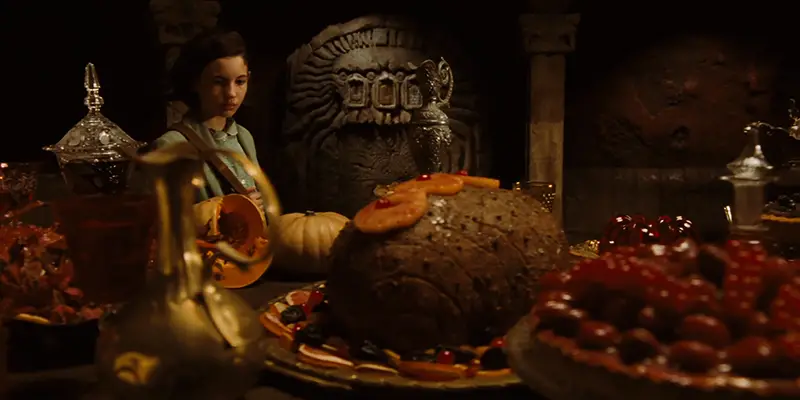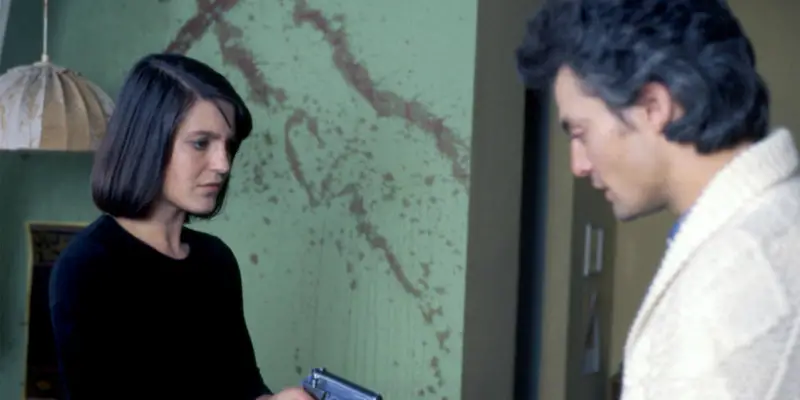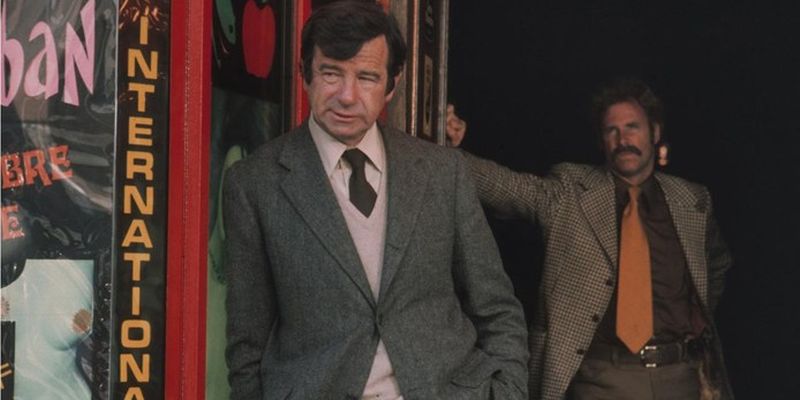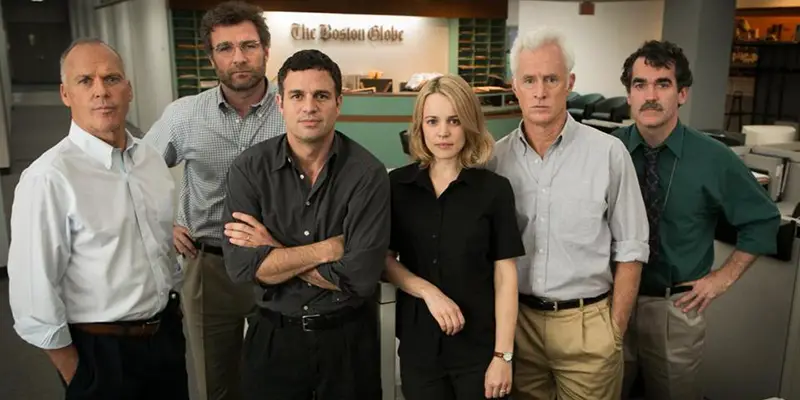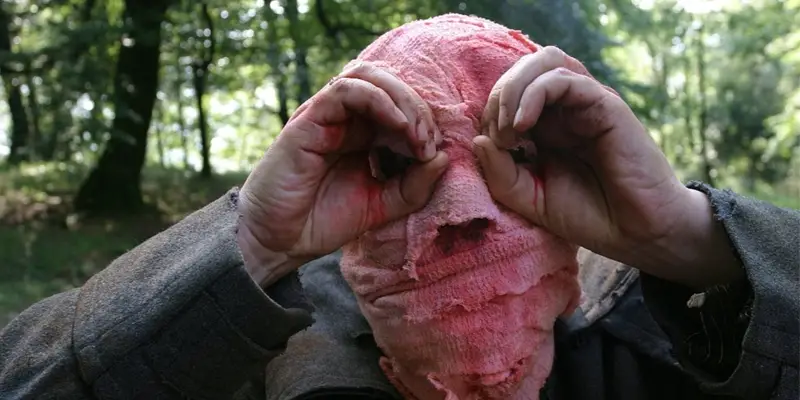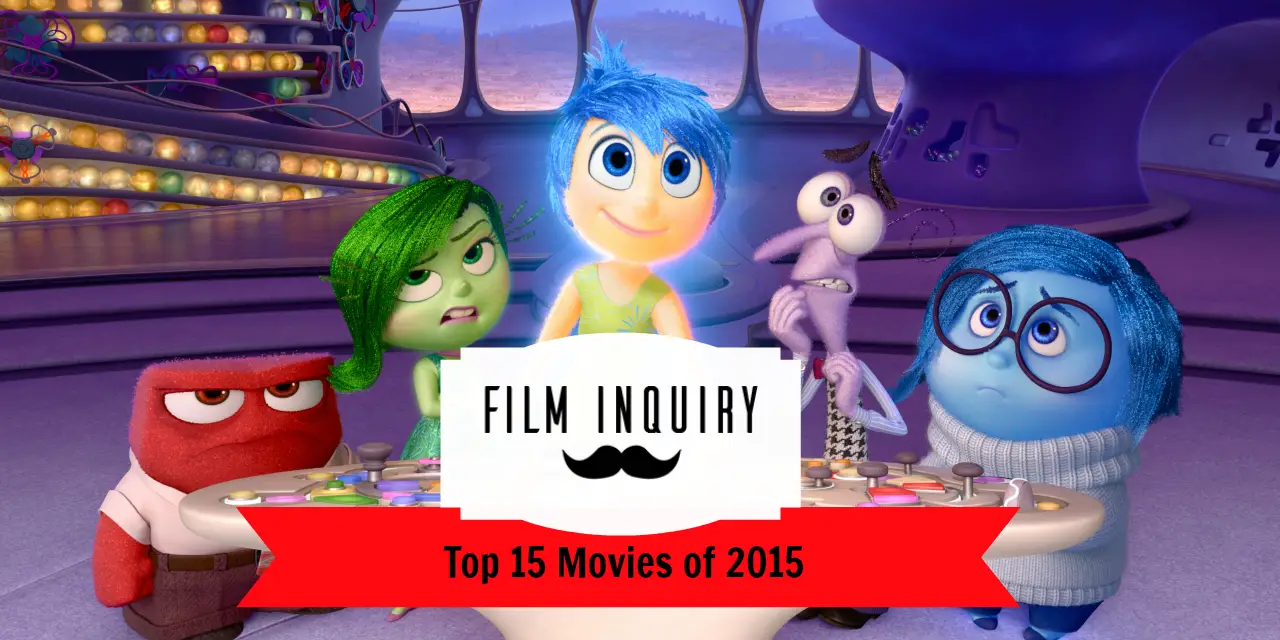Features
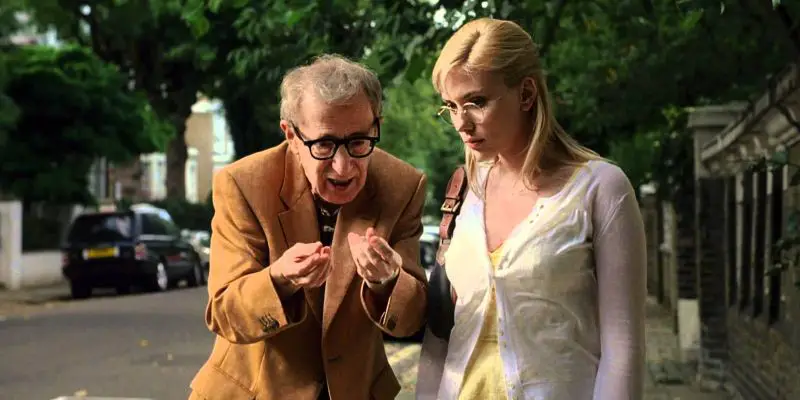
Should you feel like bringing up Woody Allen in conversation there is a good chance you will either be met with a proclamation of love or a snort of disdain. The Brooklyn-born filmmaker, now in his eighth decade, is divisive for a whole range of reasons (not all of which are related to his films), but he has a solid fan-base that has allowed him to become one of the most consistently working directors around. Averaging out at one film per year, Allen has an extensive back catalogue that is often overlooked.
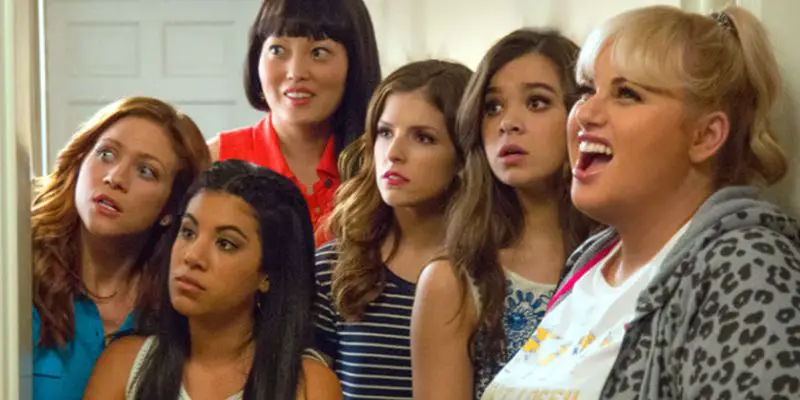
Lately, due to the #OscarsSoWhite,#OscarsSoMale and #AltOscarParty campaigns, a lot of attention is being paid to how The Academy, and Hollywood in a more general sense, fails to reward women and people of color for their work. It’s no longer just a group of angry Tweeters: The conversation is actually, finally reaching the mainstream, and more people than ever are paying attention to what is happening during awards season this year.

Since 1989, when Batman became a mainstream film series for DC, and in 2002 when Spider-Man kicked off Marvel’s campaign, the legacy of the superhero on the silver screen has progressively grown. Particularly throughout the 21st century and through to the 2010s decade, superhero adaptations and the science fiction genre have practically dominated the Hollywood film industry, with the vast majority becoming massive commercial triumphs. We have seen a number of films released each year, and in 2016 we are awaiting a variety of superhero/comic book adaptations from Marvel, DC and others.

Between fronting various rock bands, starring in ’80s B-Movies and baring it all for dinner guests in the Aloha state, Jon Mikl Thor has been existing on the fringes of American pop culture going on 5 decades now. The subject of the new documentary I Am Thor, my review of which you can read here, he is poised to come roaring back onto the heavy metal scene and beyond. Jon was gracious enough to take the time to speak with me about the documentary, his career, and all that lays ahead.
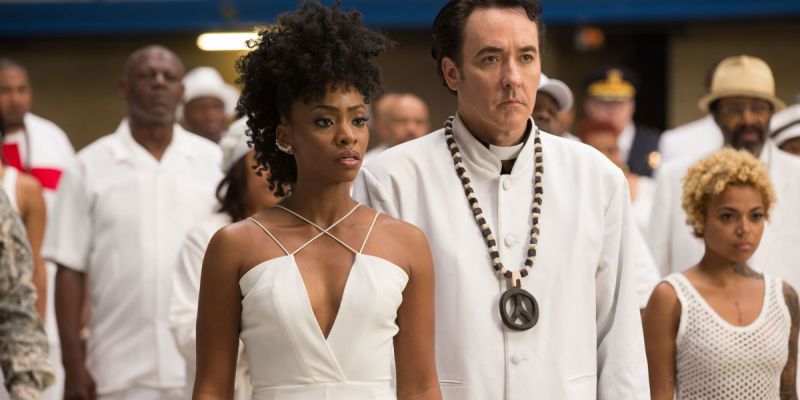
The outcry against this year’s vanilla list of contenders for the 2016 Academy Awards is reverberating across the country with Spike Lee and Will and Jada Pinkett Smith boycotting Hollywood’s most prestigious fete of the year. Even Mark Ruffalo, nominated for Spotlight, considered joining the boycott before ultimately opting to attend the award ceremony. The Academy of Motion Picture Arts and Sciences made an announcement on Friday regarding new diversity initiatives, but I would hardly say that they’re ‘leading’ the industry by placing some restrictions on lifetime voting and finally attempting some diversity recruiting.
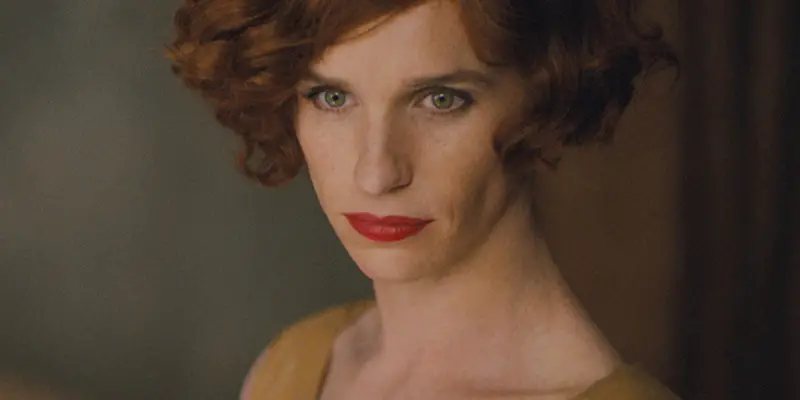
As another Hollywood award season gathers momentum, so too do its accompanying controversies and questions. Last year’s Academy Awards were remembered as much for the hashtag #OscarsSoWhite as they were for any of the achievements of film’s apparent best and brightest. This, coming the year after 2014’s Oscars host Ellen DeGeneres knowingly quipped before the Best Picture award was announced that:
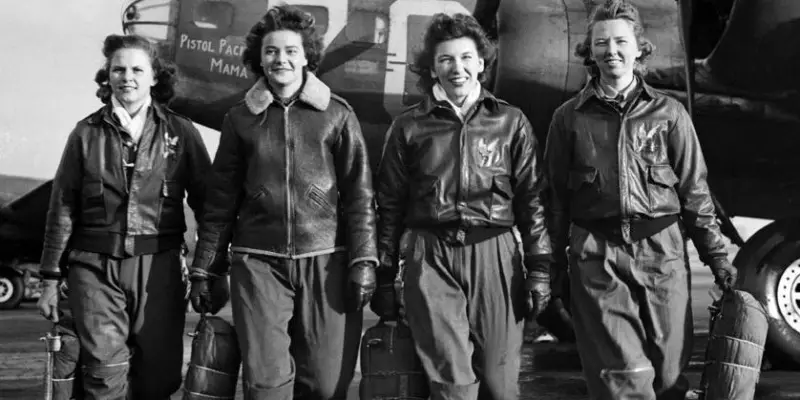
Fly Girls is a potential mini-series about an important piece of WWII history, the largely forgotten women pilots. Some people might find it hard to believe, but there were women pilots on active service during the war. However, unlike their male counterparts they were restricted to the transportation of planes, and did not engage in air to air combat.
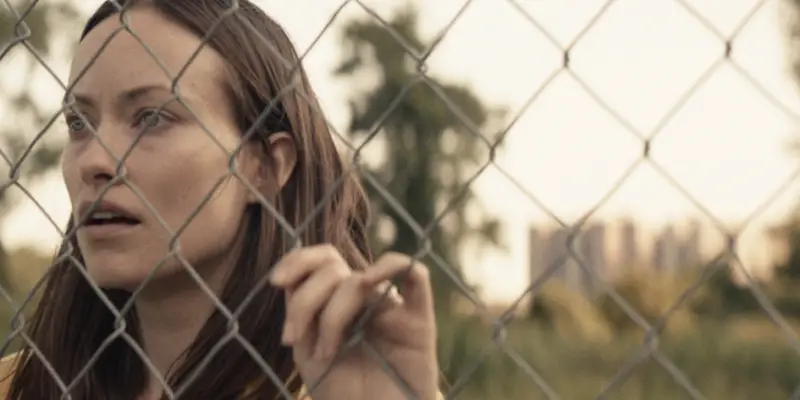
Films deal with universal emotions such as love, hate, or sadness. Some deal specifically with grief, whether it be a lover moving on, a friendship ending, or the loss of a parent. Two films in recent years, The Disappearance of Eleanor Rigby (2014) and Meadowland (2015), have dealt with the loss of a young child and the effect on the parents.
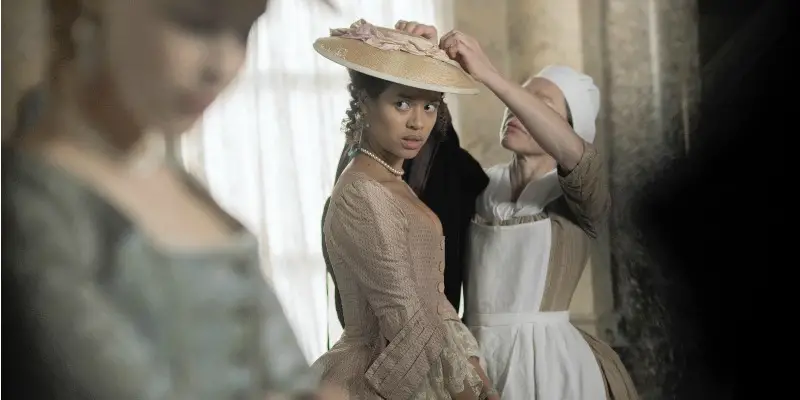
Last fall, Women in Film, a non-profit organization based in Los Angeles, launched a new advocacy campaign, 52 Films by Women. Although female directors make up a very low percentage of those directing top grossing films (6.8% in 2014) and only four have received Academy Award nominations for directing, there are many women creating films for us to watch and enjoy.


